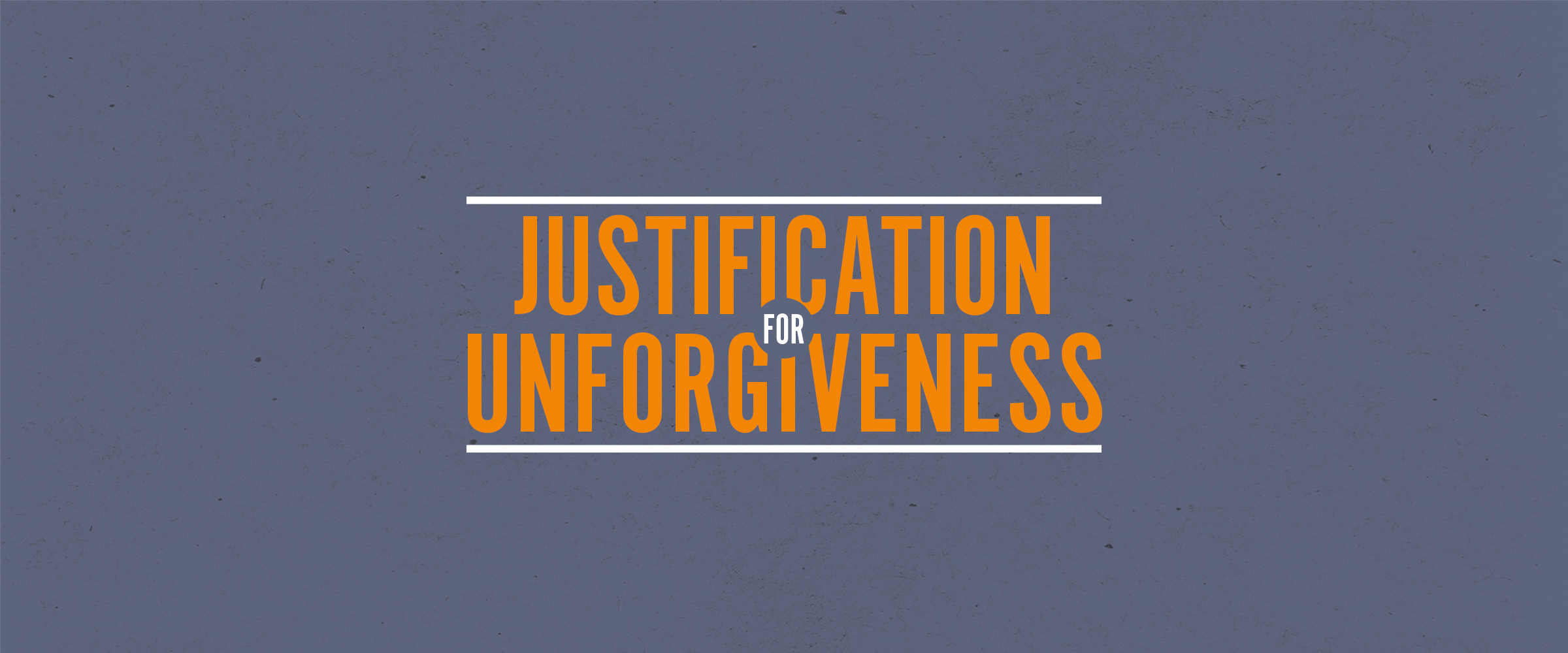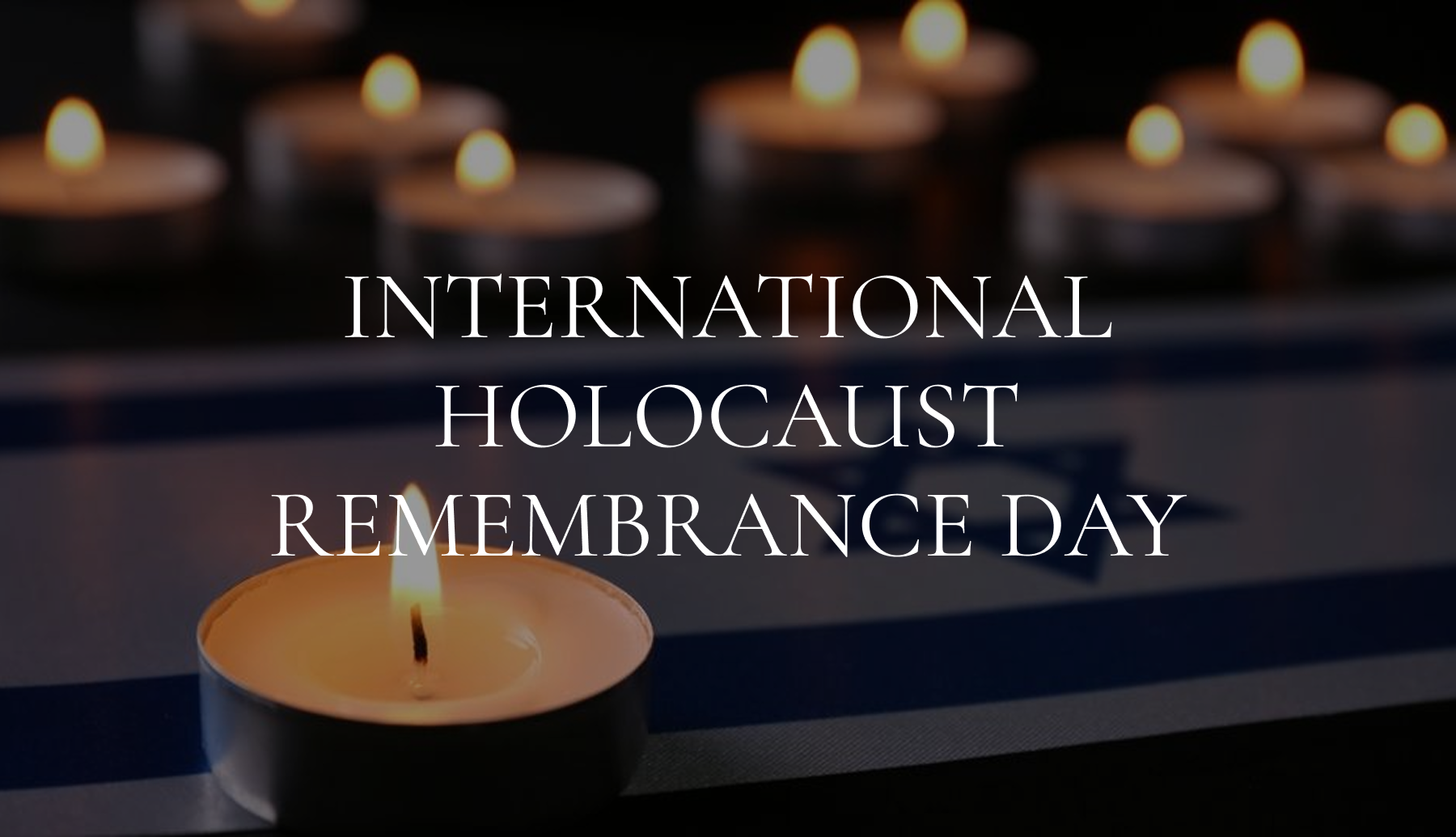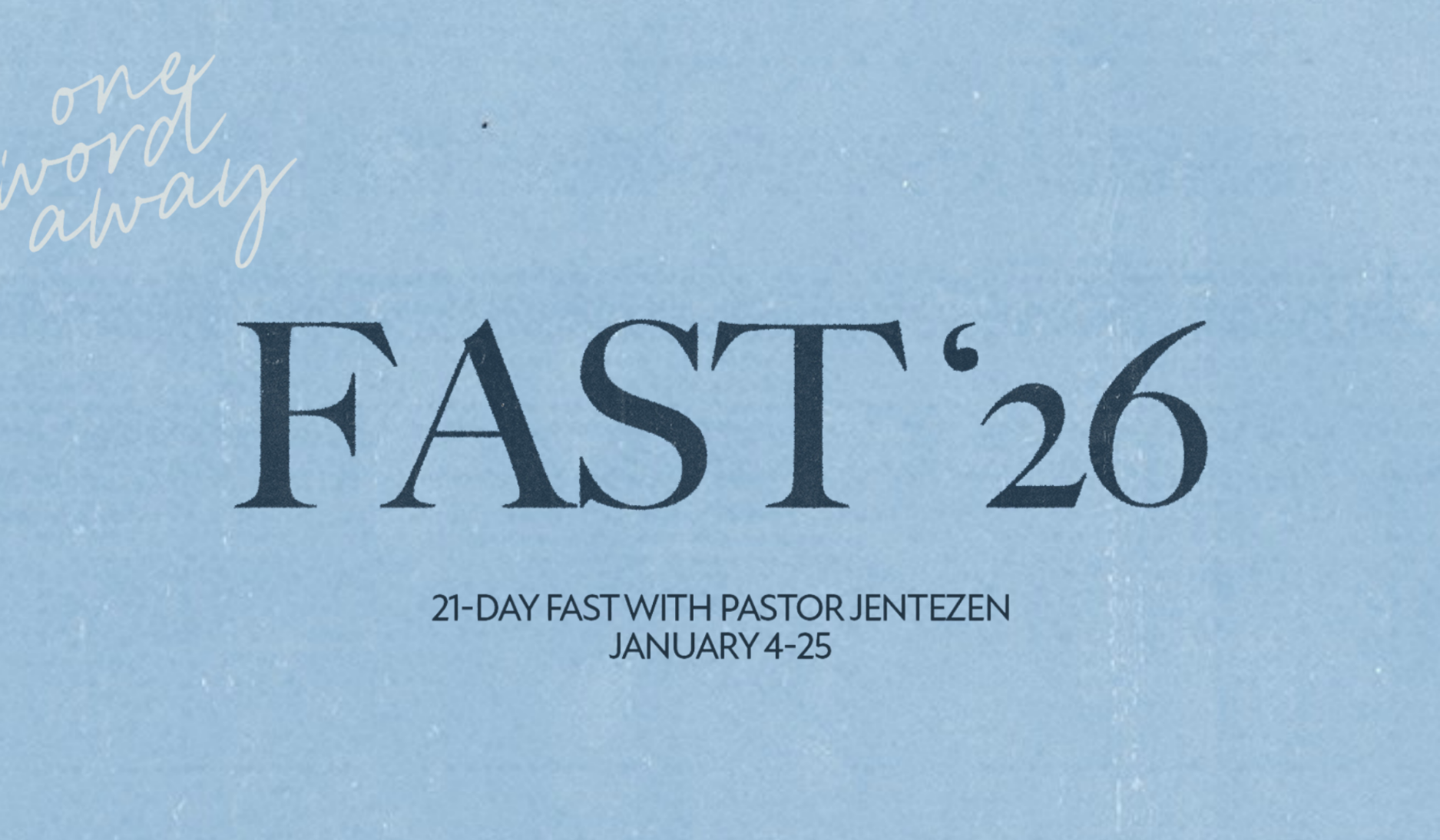Justification for unforgiveness
Don’t you know that I could ask my Father, and right away he would send me more than twelve armies of angels? (Matt. 26:53, CEV)
When you think of the temptation of Jesus, you probably think of Him being tempted in the wilderness. After fasting forty days, Satan tempted Jesus three times. In the first temptation, he urged Jesus to satisfy His physical hunger by turning a stone into bread. After that, Satan took Jesus to the pinnacle of the temple and said, “Jump off. God’s angels will catch you.” In the third temptation, Satan offered to give Jesus all the kingdoms of the world if He bowed down and worshipped him. (See Matthew 4.)
Jesus conquered each temptation by using God’s Word. I know those were difficult temptations to overcome. But I don’t believe they were Jesus’s greatest temptation.
I believe Jesus’s greatest temptation wasn’t in the wilderness—it was in the Garden of Gethsemane.
When Jesus was in Gethsemane, He knew He was within hours of being hung naked on a cross. Nails would be hammered through His hands and feet. The crowd would mock Him and spit on Him. He knew what was coming.
He also knew He could justifiably avoid doing what the Father wanted Him to do. He could call twelve legions of angels, enough to wipe out the entire Roman army. All Jesus had to do was ask the Father, and it would be done.
No one could blame Him. He was without sin. He had done nothing wrong. He would be completely justified in never going to the cross, never paying the price for our sin, and never speaking the words, “Father, forgive them, for they do not know what they do.” Instead, Jesus said no to the armies of angels, and chose to release forgiveness instead of justifying unforgiveness.
Our greatest temptations come when we feel the most justified. We feel temptation strongly when we feel we are in the right and have legitimately been wronged. In those situations Jesus says to us, “I could have justified it, too. But I didn’t. I chose love. I chose forgiveness. And now I ask you to choose love and forgiveness, too.”
The book of Genesis tells the story of Joseph. I don’t believe his greatest temptation was when his brothers threw him into a pit. Or when Potiphar’s wife falsely accused him of rape. Or when he spent thirteen years in prison for a crime he didn’t commit. I believe his greatest temptation was when his brothers came to Egypt, and he stood face-to-face with the people who should have loved him, but who had hurt him the most.
There was a great famine and the only food anywhere was in Egypt. Joseph’s family was in danger of starvation and came to Egypt for food. Joseph recognized his brothers, but they didn’t recognize him. In that moment, he could have gotten them back for what they did to him. He could have put them in prison. He could have refused to give them food. He could have had them killed. He would have been justified in not forgiving them. Because of them, he went through tremendous sorrow and pain. Instead, he chose to forgive. He chose to love like he had never been hurt.
You may be justifying your refusal to forgive that person who hurt you. You feel justified in not releasing the situation and the person to God. But that’s not what Jesus did for you in the Garden. He could have called armies of angels and avoided the crucifixion. Instead, He took your sins, your offenses, your transgressions, hung them on a cross, and bled them away.
“Stop being bitter and angry and mad at others…Instead, be kind and merciful, and forgive others, just as God forgave you because of Christ” (Eph. 4:32-33, CEV).
Today is the day to stop being bitter and angry, even if what happened to you justifies the bitterness and anger. God forgives us even though we don’t deserve it. He asks us to forgive others just as He forgave us—out of abundant mercy, kindness, and love, and even when it isn’t deserved.
When Jesus released forgiveness and died on the cross, the power of God was released. The earth shook. The veil of the temple was torn in two. Graves burst open. Redemption was provided. Death and hell were conquered. Jesus was victorious.
When you release forgiveness, you also release God’s power. You bring victory, healing, and blessings into your life. It’s tempting to nurture unforgiveness, but it’s powerful and freeing to forgive.
Share




.png)



